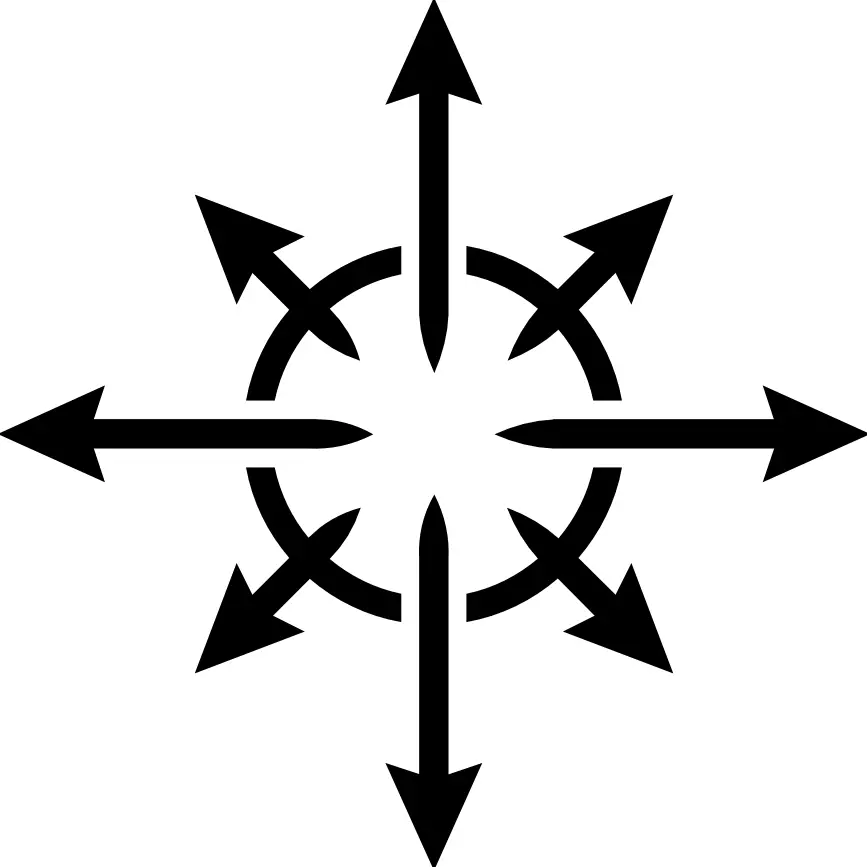Yesterday I had argument with Cowbee about this here. This seems like hijack of word “base” to support their propaganda like many others Words Which Defy Dictionaries. Base, is always ideology. Sure their so called “base” influence upper ones, but it is not the base. Base is something core, without it the thing cannot function. can human live without ideology? Without right or wrong?
It make sense to base our self on other ideologies but not on ideology of means of production or ownership first.
If you think this is misunderstanding, please explain your argument in simple language without using communist jargons if possible.
I suspect hardcore communists doesn’t want to admit flaws instead they blow up dust of words to cover. I also suspect that i can be wrong or half understood the argument or using wrong definition of terms, that’s why i am posting here
I recommend not attempting civil discourse with tankie scum. They always use every opportunity to speak to muddy the waters and sow chaos.
Ditto with fascist scum. Best to just enjoy Kropotkin’s works.
Anarchy and solidarity forever
The base is the mode of production and the relations to it, and the superstructure arises from it and reinforces it. This doesn’t mean the superstructure doesn’t exist, or that you can have a base without a superstructure, what it means is that the superstructure is secondary to the base and comes from it.
As an example, feudalism as the base, and monarchist divine right to rule as superstructure, as well as the church. Agrarian production with large lords to be paid rent to was the form of the base, while the superstructure arose from that base and formed kingdoms and justifications for said base. They could not exist without each other, but the base was the driving factor.
As another, we can see capitalism and liberalism. The ideas of private property rights, bootstraps mentality, and the idea that everyone has an equal chance at success are the ways the system justifies itself, even though that isn’t how it works in practice.
This is a very old concept, not one I invented. There’s even a page on Wikipedia for it.
I don’t quite get your question, but It’s not bullshit, I believe that the terms were first coined by Marx (if memory serves). The base superstucture model is just a model by which to view the world, in that it explains (to some degree) how sociocultural/economic and other phenomenon arise from the means and relations of production, which is definitely true to some extent. But no model is perfect and it’s not the only model. The world is pretty complex and people can and do take actions that defy this model.
Source, I tagged along with an anthropology course where this was covered. So I definitely don’t know everything there is to know.
It’s not bullshit, but neither is it the only accurate way to look at the situation. I think it makes sense and is a worthy framework for discussion, but if you’re facing someone who doesn’t, you’ll either need to sell them on the framework first or understand their framework and use that for discussion instead. More work for you, but that’s how the world goes round.
How could we look at social dynamics? One way is Dave Snowden’s Cynefin. From that perspective, complex systems have actors, constructors, and constraints. The three of them are called ACTANTS. How do ACTANTS relate to base and superstructure? Well, each ACTANT of the system could be classified as base or superstructure.
Why am I saying that each ACTANT could be classified as base or superstructure? Because we should be open to the possibility that there are different ways of looking at the same thing in the world. We can look at a mountain from the north, from the south, from the base, or from the peak. Similarly, we can look at social relations as base and superstructure or as complex Cynefin systems (or other points of view!).
How do you know whether to classify ACTANTS into base and superstructure or not? Context. Use the pragmatic criterion: Is it helpful to classify the ACTANTS into base and superstructure in this particular context?
I posted a longer response but I think it didn’t get through or something.
Basically, I look at this from the point of view of Cynefin, and Estuarine Mapping. If you look at base and superstructure elements, you can look at them as ACTANTS of the system.
Whether you choose base-superstructure or Cynefin just shows that sometimes we can describe the same phenomena in different ways. And I take this idea from both Mary Midgley and Donna Haraway’s positioned knowledge.
deleted by creator
just block the instance lemmy.ml
Removed by mod
WOAH, your feed must be awful then. Your account is like, an hour old. Try utilizing word filtering and blocking? Also, to quote you, “NOBODY CARES ABOUT YOUR BULLSHIT”. Maybe you can consider leaving while you’re at it?
Removed by mod
I posted here because of doubt, not because of i hate commies.
Rather than polluting post, you should have just ignored it
and you troll, you created account 1 hr ago.
It kinda is.
There exist a hierarchy of needs, it’s a subjective one but all people share a large part of it. There also exists a very objective and measurable hierarchy of production.
Interpreting that as “low-herarchy factors are X” is useless and dishonest unless X means “things we need to prioritize in a crisis”. And saying any of that comes from Marxism or any kind of communist theory is just bullshit.
The difference between Nazis and communists is that one of them lost a world war. You should not give them the time of day.
No, this is just Double Genocide Theory, and is a form of Holocaust trivialization. The Nazis brutally oppressed the working class and created a system of industrialized mass murder, the communists oppressed the capitalists and doubled life expectancies, tripled literacy rates, provided free and high quality eduaction and healthcare, and far more.
The idea that the Soviets were anywhere close to as evil as the Nazis requires erasing the Holocaust, and equating the suffering of the small portion of society as the capitalists and Tsarists to the large working class in Germany, both groups were victims in their respective countries but clearly the brutality of the Tsarists and capitalists against the working class is what earned the revolution in the first place.
I recommend reading Blackshirts and Reds.
The Nazis brutally oppressed the working class
Can you please elaborate on this? I thought the Nazi party was great for the German economy, taking the country out of a great recession. Nothing I learned hinted at the german population having it bad, the “only” problem was killing on an industrial scale.
EDIT: Some searching and reading on the internet indicates that
- Brutally oppressed is (in my opinion) a bit strongly worded. I would seem they wanted Totalitarianism.
- To actually give a proper answer to my question would require a format other than a this.
- #2 would also require a lot of background to give context and nuance.
Thr Nazis murdered KPD members and other union organizers, that was how they came into power. They also massacred Jewish people, disabled people, queer people, etc. They came into power as an answer to “Judeo-Bolshevism,” they didn’t simply want power for the sake of power, but to protect private capital.
Famines due to incompetence or mismanagement.
You’re equating famines that were a combination of mismanagement and weather disasters in undeveloped countries with the deliberate and intentional industrialized mass murder machine that was the Holocaust. Clear false equivalence. Further, famine was common in Russia, China, etc pre-socialism, and were eradicated once the communists successfully developed industrialized agriculture. The Nazis on the other hand had extermination as their goal.
Unlike Nazis, communists do have free groups such as anarchocommunists and so on, that are not authoritarian.





